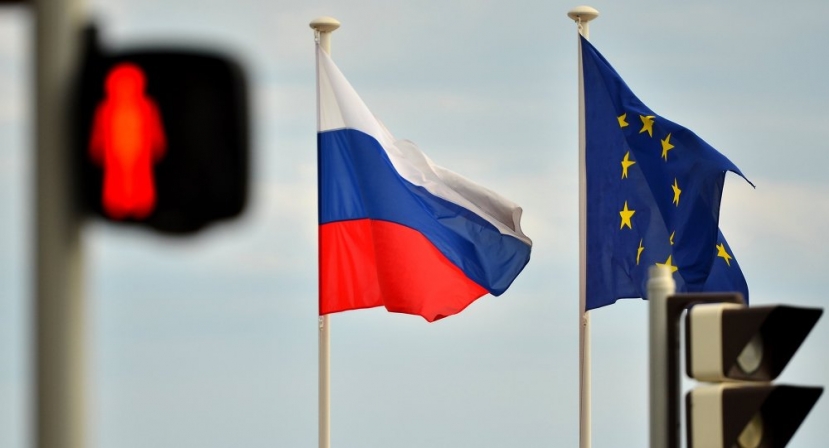EU leaders agreed at the EU summit in Brussels on Thursday to prolong the anti-Russian economic sanctions for another six months, according to the European Council President Donald Tusk. The sanctions would otherwise expire at the end of January 2018.
"EU united on roll-over of economic sanctions on Russia," Tusk wrote on his Twitter page.
The relationship between Russia and the European Union deteriorated amid the internal conflict in Ukraine and Crimea's reunification with Russia. Although Moscow refuted all the allegations of meddling in Ukrainian internal affairs, a number of Western countries imposed sanctions on Russia, with the Kremlin then introducing response measures and launching the policy to replace foreign imports with domestic products.
Kremlin spokesman Dmitry Peskov said Thursday that Russia has fully adapted to the continued economic pressure from Western sanctions.
"We are living in the atmosphere of restrictions and sanctions but we are making good use of them by adapting our economy, and we have finalized the process of adapting our economy to these conditions," he told Russia’s Rossiya 24 television channel.
Peskov said the Russian economy has managed to break the downward spiral and entered the "growth trajectory."
Armando Fernandez Steinko, a sociology professor at Complutense University of Madrid, told Sputnik Mundo last month that Europe and Russia have "mutually complementary economies," which is why sanctions against Moscow are painful for all the states involved. Only in Germany, the sanctions have put tens of thousands of jobs on the chopping block, according to a lawmaker from the EU-skeptic Alternative for Germany.
Steinko noted that the division between Moscow and the West has emerged as result of a "cold war" promoted by certain media and is opposed by ordinary Europeans.
A recent poll conducted by the French Institute of Public Opinion (Ifop) has also shown that an overwhelming majority of Europeans don't support anti-Russian sanctions and want better relations between Moscow and Brussels.

